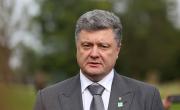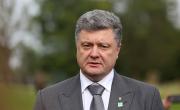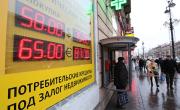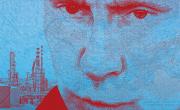The Price Tag for Saving Ukraine
What It Will Take to Save Ukraine
A year after Maidan, Ukraine is on the brink of default. Will the West stump up the billions it will take to bail out Kiev?

PETRO POROSHENKO, PRESIDENT OF UKRAINE (PHOTO CREDIT: CHRIS RATCLIFFE/BLOOMBERG)
JANUARY 09, 2015 (Institutional Investor)








